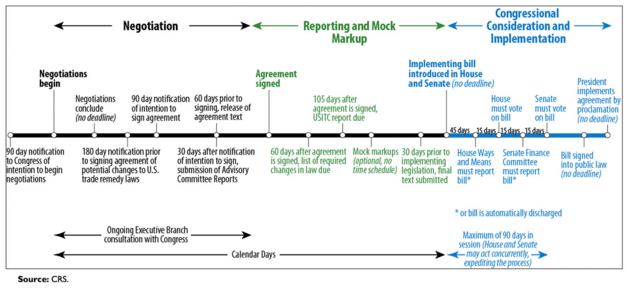SOLAS
The International Maritime Organization (IMO) amended the Safety of Life at Sea (SOLAS) Convention to require shippers to provide the Verified Gross Mass (“VGM”) of containers carrying cargo before those containers can be loaded aboard a vessel. Without a VGM, the amendments also prohibit the vessel operator from loading a packed container. The SOLAS amendments are effective July 1, 2016; are not expected to be postponed; and, are globally binding – all Countries party to the convention have undertaken to implement amendments. There is no exception to this requirement. If the acceptable VGM documentation is not timely provided by the shipper, that container will not be loaded on board the vessel. As your NVOCC or Freight Forwarder, MIQ will require from your or your supplier the following data:
- The VGM of the packed container; or
- The VGM of the cargo (i.e. gross cargo weight plus loading material/pallets/skids, dunnage, and any securing material)
- The Printed Name, Signature, Title, Company Name and address of the person certifying the VGM
In accordance with SOLAS guidelines, if certifying only the cargo VGM, Shippers may use the container tare weight marked on the container. However, estimating cargo weight is not permitted. The shipper must weigh or arrange for weighing of packed container or its contents on equipment that meets the origin national certification and calibration requirements. Learn more here.
Source: http://ocema.org/VGM_SOLAS.html
H.R.644 – Trade Facilitation and Trade Enforcement Act of 2015
The Trade Facilitation and Trade Enforcement Act of 2015 became Public Law No: 114-125 on February 24, 2016. The full text of the new law is available at: https://www.congress.gov/bill/114th-congress/house-bill/644/text. The Act includes a number of significant customs and trade-related reforms, that will affect virtually every segment of the U.S. economy for years to come. Some of the provisions include:
- Increasing the value of articles that may be entered informally and free of duty is increased from $200 to $800, effective March 10, 2016
- Expanding HTSUS Chapter 9801 to allow for duty-free returns of previously exported non-U.S. goods, effective April 24, 2016.
- Drawback simplification and expansion provisions providing significant new benefits to US importers and exporters, including, among other things, substituting merchandise based on the same 8-digit HTSUS number rather than “of the same kind and quality” or “commercially interchangeable with” criteria and, increasing the time limits for window for all drawback claims to five years from the date of importation.
- The Law directs CBP to create minimum standards regarding the identity of importers and to establish penalties for customs brokers failing to collect the information required.
- Also, CBP is required to investigate allegations of antidumping and countervailing duty evasion according to specified procedures.
Trans Pacific Partnership (TPP)
The TPP is a trade agreement among twelve Pacific Rim countries signed on February 4, 2016 in Auckland, New Zealand after 7 years of negotiations. The TPP will create the world’s largest free-trade zone. The twelve countries (Australia, Canada, Japan, Malaysia, Mexico, Peru, United States, Vietnam, Chile, Brunei, Singapore and New Zealand) within its scope account for 40 percent of the world’s economic output. The Agreement will not enter into force until ratified by the respective governments. The following diagram details the TPP Congressional Ratification Timeline. Read more information here.

Source: https://ustr.gov/trade-agreements/free-trade-agreements/trans-pacific-partnership
Cuba
The Obama administration announced the easing of yet another set of sanctions on Cuba in advance of the President’s historic two-day visit to Havana. This marks the fourth set of amendments to the Cuban Assets Control Regulations (CACR) and the Export Administration Regulations (EAR) since President Obama began efforts to normalize relations with Cuba in December 2014.
Nonetheless, the Cuba embargo remains in place. Most transactions between the United States, or persons subject to U.S. jurisdiction, and Cuba continue to be prohibited, and the U.S. Treasury Office of Foreign Asset Control (OFAC) continues to enforce the prohibitions of the CACR. The regulatory changes, effective in January, June, and September 2015, as well as in January and March 2016, respectively, are targeted to further engage and empower the Cuban people by facilitating authorized travel to Cuba by persons subject to U.S. jurisdiction; certain authorized commerce and financial transactions; and the flow of information to, from, and within Cuba.
Source: https://www.treasury.gov/resource-center/sanctions/Programs/Documents/cuba_faqs_new.pdf
International Trade & Supply Chain Cost Savings:
MIQ Logistics and Husch Blackwell LLP will be presenting a July 13th seminar in St. Louis on issues in U.S. international trade policy, including the Trans-Pacific Partnership and the Trade Facilitation and Trade Enforcement Act of 2015. For more information, click here.
